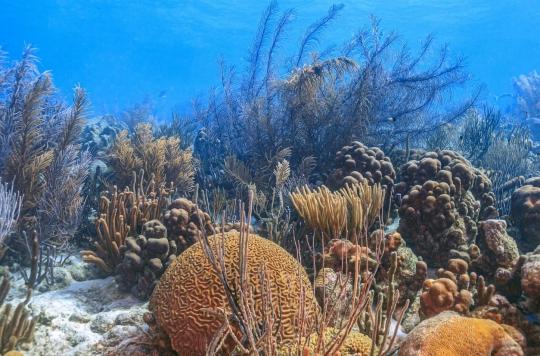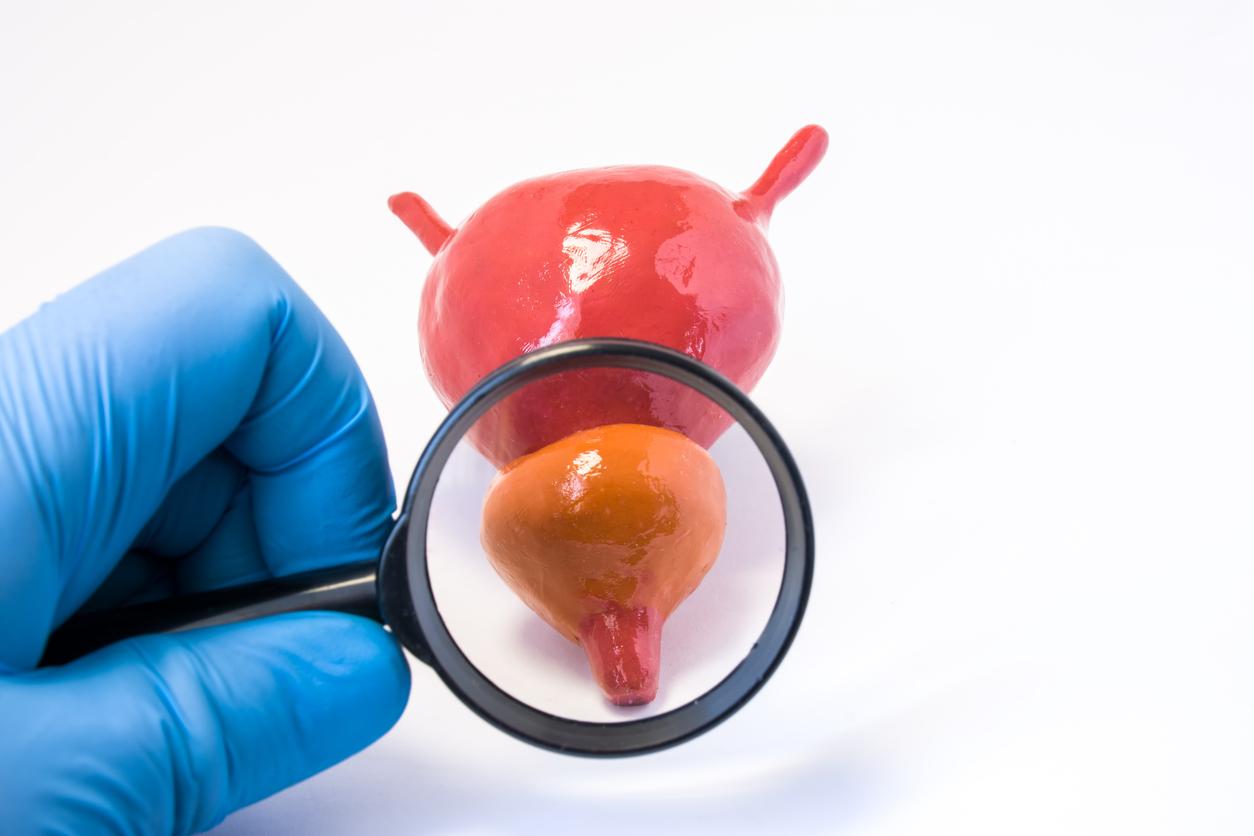An international team of researchers has identified in a species of sea sponge an anti-tumor compound capable of eliminating cancer cells resistant to standard chemotherapy.

- The researchers identified and isolated a molecule present in a species of marine sponge, before synthesizing it.
- This biological compound has proven antitumor properties, since it forces cancer cells to die by a mechanism of programmed cell death.
- According to the researchers behind this discovery, an antitumor treatment targeting cancerous cells resistant to standard chemotherapy could see the light of day in 10 to 15 years.
Is the marine sponge called fascaplysinopsis reticulata the key to a future treatment for cancer cells?
This is the thesis defended by researchers from the Federal University of the Far East, in Russia. In a study published in the journal Marine Drugsits authors, in collaboration with Russian and German colleagues, explain that they have developed anti-tumor compounds, synthesized from bioactive molecules isolated from this sea sponge.
Programmed death of cancer cells
Scientists tested the biological effect of a marine molecule called the marine alkaloid 3,10-dibromofascaplysine on various prostate cancer cells, including those resistant to standard chemotherapy.
They first isolated the compound, before chemically synthesizing it. They realized that this substance forces tumor cells to die by a mechanism of programmed cell death. This process is called “apoptosis” and is considered the most favorable mode of action of anti-cancer drugs.
They also noted that in addition to killing cancer cells, the compound simultaneously activates an enzyme (called a “kinase”) that protects these tumor cells. However, this action”cannot be considered to have a ‘good’ or ‘bad’ effect. It is simply a mechanism of action, the understanding of which suggests that we apply the marine alkaloid together with inhibitors of these enzymes.”explains Dr. Sergey Dyshlovoy and lead author of the study.
A treatment available within 15 years
According to the researchers, the synthesized compound, in addition to its own activity, works well in combination with several already approved anticancer drugs, which enhances their antitumor effect.
The next step in their work will be to examine how the marine molecule affects non-cancer cells. “In our laboratory, we are trying to modify the structure of these compounds in order to reduce their cytotoxic effect on normal cells, while retaining the necessary antitumor effect. The goal is to create a substance for targeted therapy, with a minimum side effects for healthy body cells”details Dr. Maxim Zhidkov, co-lead author.
However, it will take time before a new cancer treatment sees the light of day, scientists speaking of a horizon of ten to fifteen years due to the length of the clinical trials planned.















